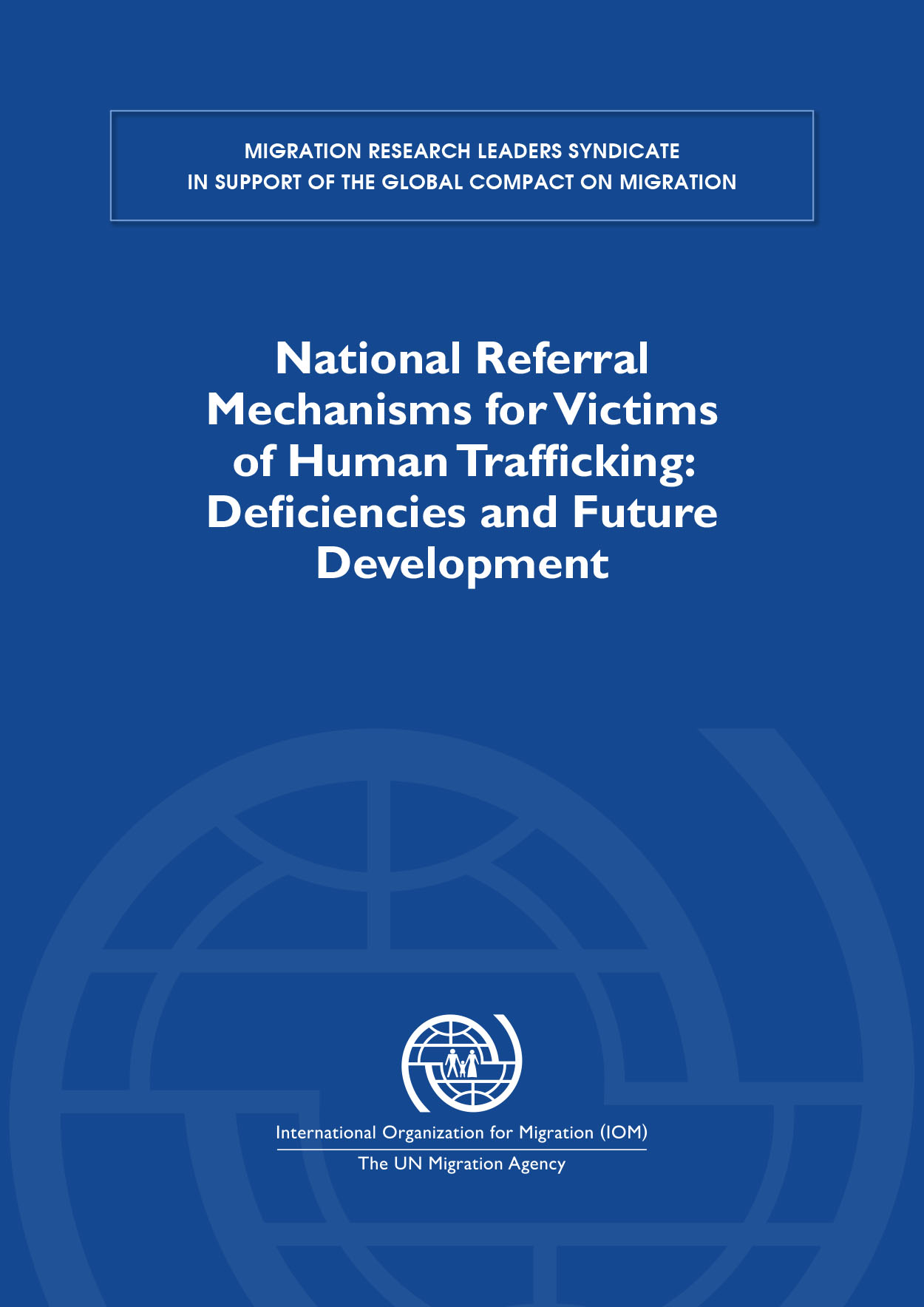Caring for Trafficked Persons Guidance for Health Providers

For many trafficked persons, the physical and psychological aftermath of a trafficking experience can be severe and enduring. Health providers may come into contact with victims of trafficking at different stages of the trafficking process and at different stages of their recovery. For health practitioners, diagnosing and treating trafficked persons can be exceptionally challenging. The informed and attentive health care provider can play an important role in assisting and treating individuals who may have suffered unspeakable and repeated abuse.
Caring for Trafficked Persons brings together the collective experience of a broad range of experts from international organizations, universities and civil society in addressing the consequences of human trafficking. Developed with the support of the United Nations Global Initiative to Fight Human Trafficking, and led by IOM and the London School of Hygiene & Tropical Medicine, the handbook gives practical, non-clinical advice to help a concerned health provider understand the phenomenon of human trafficking, recognize some of the associated health problems and consider safe and appropriate approaches to providing healthcare for trafficked persons.
Country
Worldwide
Region
Worldwide
Year
2009
Topics








